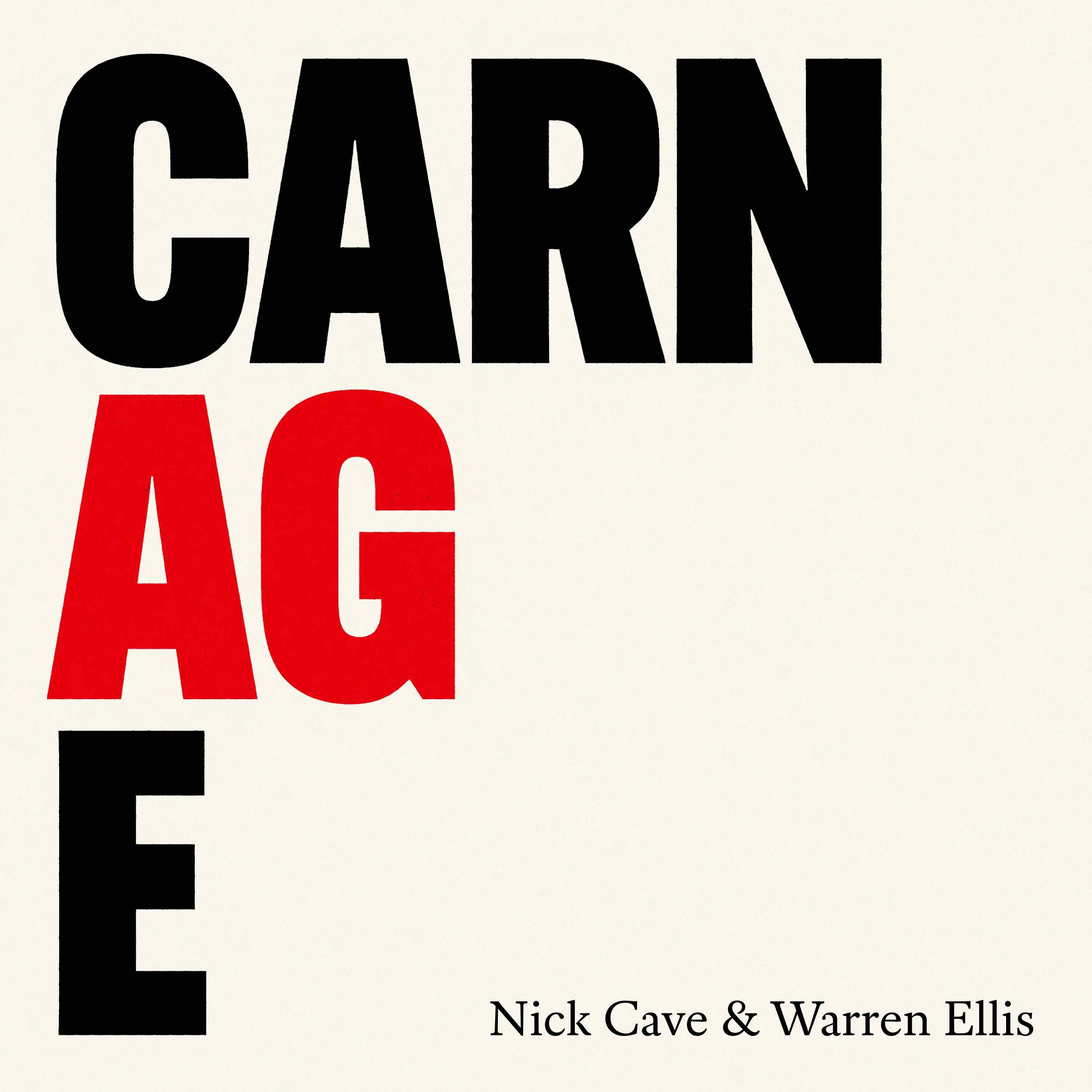Nick Cave review, Carnage: Blunt, hopeful and full of flesh and spirit
For an album written in the pandemic’s stasis, there’s a compelling amount of travel on Cave’s 18th album with the Bad Seeds

Your support helps us to tell the story
From reproductive rights to climate change to Big Tech, The Independent is on the ground when the story is developing. Whether it's investigating the financials of Elon Musk's pro-Trump PAC or producing our latest documentary, 'The A Word', which shines a light on the American women fighting for reproductive rights, we know how important it is to parse out the facts from the messaging.
At such a critical moment in US history, we need reporters on the ground. Your donation allows us to keep sending journalists to speak to both sides of the story.
The Independent is trusted by Americans across the entire political spectrum. And unlike many other quality news outlets, we choose not to lock Americans out of our reporting and analysis with paywalls. We believe quality journalism should be available to everyone, paid for by those who can afford it.
Your support makes all the difference.“Brutal and beautiful” is how Nick Cave describes his 18th album with the Bad Seeds (or, at least with the Seeds’ Warren Ellis). Written in lockdown, Carnage is charged with the restless, floor-pacing energy of a man who lives for the “reckless splendour” of his intense physical and spiritual communion with live audiences. Fans who found 2019’s Ghosteen too airy fairy will be relieved to hear that this album – while often gently melodic – comes loaded with around 40 per cent more blood, sweat, swearing and other assorted saline emissions “roared upon the earth”.
Musically, the nest is woven from a structure of personal piano and guitar, but lined with soft synths, strings and backing vocals.
Inside the nest sits the wild, cawing preacher who begins his sermon at the acoustic keyboard – “There are some people trying to find out who/ There are some people trying to find out why/ There are some people trying to find out why/ There are some people who aren’t trying to find anything but that kingdom in the sky…” – before an unsettling, horror movie synth scythes the legs off that piano and an urgent (but muffled) electronic pulse kicks in. The Cave is talking and crooning about heading off down a river.
For an album written in the pandemic’s stasis, there’s a compelling amount of travel on Carnage. Cave is always sing-speaking about throwing his bags in the back of cars, riding trains and having sex in motel beds. As in dreams (said to be about the shifting of emotions) there is a lot of water imagery: swimming pools, rain and rivers. Against the gentle throb of “Old Time”, he “steps back” to childhood, and above the tense strings of “White Elephant” he threatens to “shoot ya for free”.
On his website, Nick tells fans that lockdown has felt “weirdly familiar” to him. “I was a heroin addict for many years,” he says, “and self-isolating and social distancing were the name of the game.” Following the death of his teenaged son in 2015, he describes himself as “well acquainted with the mechanics of grief”, and has noticed that “collective grief works in an eerily similar way to personal grief, with its dark confusion, deep uncertainty and loss of control”.
You’ll hear all of this on Carnage. Although the sonic mood mellows after the first two tracks, listeners will be invited to share the transcendent joy in memories of a lost child; the awe of an uxorious lover whose prayer-like love for his wife is a continual saving grace; and the frustration of a caged man with an “open road” of a heart. He sounds like a traveller committed to putting one foot in front of the other, knuckling down to make a journey of the soul if the doors are barred.
I don’t know if it’s intentional, but the synths often echo the Eighties world of acoustic artists. So the lovely “Lavender Fields” hums with nostalgia for Tom Petty’s “Free Fallin’”(1989), while the domestic drama of “Shattered Ground” levitates with the same nostalgic passion that drives Bruce Springsteen’s “I’m on Fire” (1984).

Cave is more interested in mood and ideas than tunes, and Warren Ellis is an undersung melodic genius. Anybody questioning this should listen to the gorgeous songs Ellis wrote with Marianne Faithfull. He does his best work finding warmly bowed structures for humans with challenging, unconventional attitudes. He brings a sensitive romance to the parts of Cave in which the singer sees himself as “200 pounds of pack ice”. He puts his sonic arms around the mess of Cave’s emotions and holds them with an elegant tension as the pair waltz together through songs like “Shattered Ground” and “Balcony Man”. He’s always there with the elegant lift, spin and dip – a perfect partner to Cave’s blurt, spill and swear.
It’s unlikely Carnage will thrill fans of angry, Grinderman Cave. And it may prove unsettling for Ghosteenies. But it offers a lovely balance between the two sides of a remarkable and committed artist. It’s blunt and hopeful. Full of flesh and spirit. But also written by a man who just told an online fan not to store his acid in a vegemite jar in the fridge because no self-respecting Aussie chills the ’mite. Which makes him sound like a man we can all trust.



Join our commenting forum
Join thought-provoking conversations, follow other Independent readers and see their replies
Comments